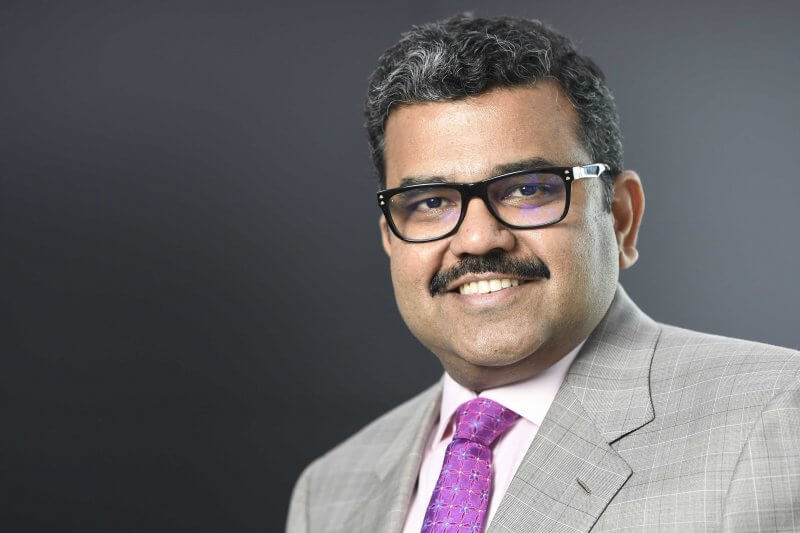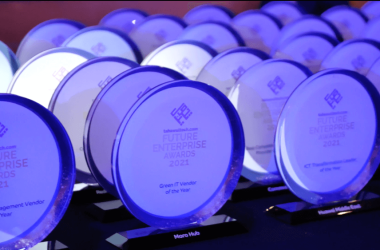United Arab Emirates-based UAE Exchange and U.S. startup Ripple plan to launch cross-border remittances to Asia via blockchain by the first quarter of 2019, UAE Exchange’s group CEO said in an interview with Reuters.

Asia was one of the biggest recipients of the roughly $613 billion in remittances sent globally last year, with a large swathe coming from expatriate workers in the Middle East, where UAE Exchange, part of payments and foreign exchange company Finablr, is one of the main players.
Most funds are currently sent through foreign exchange branches but a growing chunk is being transferred via websites and apps, with the use of blockchain technology expected to ramp up in the next few years — a transition that UAE Exchange and San Francisco-based Ripple are aiming to capture.
“Blockchain holds tremendous promise for the industry but there is progress to be made before we see it go fully mainstream,” said Promoth Manghat, also executive director and chief executive at Finablr.
“We expect to go live with Ripple by Q1, 2019 with one or two Asian banks. This is for remittances to start with, from across the globe into Asia.”
In February, UAE Exchange and Ripple announced a partnership to process cross-border payments, making the UAE-based company the largest payments firm in the Middle East to use Ripple’s blockchain technology for processing payments.
RippleNet, which includes more than 100 member banks and financial institutions, enables messaging, clearing and settlement of transactions.
Middle East lenders National Bank of Ras Al Khaimah (RAKBANK) and Kuwait Finance House have also joined RippleNet, alongside global banks such as Standard Chartered.
“We are also looking at how Ripple can enhance our business-to-business solutions at Finablr,” Manghat said.
Finablr, which houses Travelex Holdings, Xpress Money and other businesses, has hired JPMorgan and Barclays as global coordinators for its listing in the first half of 2019 on the London Stock Exchange, Reuters reported last month.
UAE Exchange set a target in 2016 to spend between $250 million and $300 million on acquisitions to build its global market share.
The company had consumed a large portion of that amount and had a “strong pipeline” of further acquisition opportunities, Manghat said.
“Blockchain is one aspect we are looking at. We want to become the partner of choice for banks and technology companies and are looking at potential bolt-ons,” he said.
UAE Exchange aims to increase its share in the global remittance industry to more than 10 percent by 2020, Manghat had told Reuters last year.





